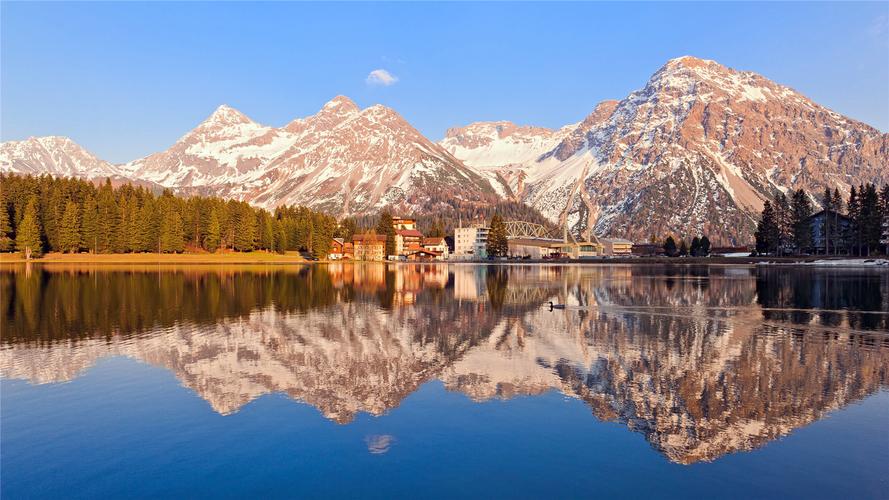The Impact of the Harlem Cultural Festival 1969 on Black Activism in America
In the summer of 1969, over 300,000 people gathered for the Harlem Cultural Festival, a series of concerts held in Mount Morris Park in New York City. Despite the event being one of the largest cultural gatherings in the nation, the festival had been largely forgotten until the release of the documentary “Summer of Soul” 50 years later. However, the impact of the Harlem Cultural Festival on Black activism in America cannot be overstated.
Historical Context
The festival took place during the Civil Rights Movement, a time of great social and political turmoil in America. Black Americans were fighting for equality and civil rights, while also experiencing police brutality and systemic racism. The festival addressed the need for cultural expression and identity through music, dance, and celebration.
The Performers
The festival featured a wide array of performers, including Stevie Wonder, Nina Simone, Gladys Knight & the Pips, The Staple Singers, and many more. Each artist brought their unique style and perspective, amplifying the message of Black unity and liberation. Their music became a way to connect and mobilize the Black community.
The Significance
The Harlem Cultural Festival was significant in many ways. It showcased Black excellence and talent, challenging the pervasive negative stereotypes of Black people in the media. It also served as a platform for political expression and activism, with performers like Sly & the Family Stone calling for peace and unity amid the Vietnam War. Furthermore, the festival served as a safe space for Black people to come together and celebrate their culture, which was often marginalized in mainstream society.
The Legacy
While the festival had a profound impact on the Black community at the time, it has only recently gained recognition and acknowledgment. The festival’s legacy lives on through the music, activism, and cultural expression of its performers and attendees. Its impact on the Civil Rights Movement and Black activism in America continues to inspire future generations.
Conclusion
The Harlem Cultural Festival of 1969 was a defining moment in Black history. Its impact on Black activism and culture cannot be overstated. The festival served as a platform for political expression, cultural celebration, and community building. Its legacy lives on as a testament to the power of Black unity and resilience.
(Note: Do you have knowledge or insights to share? Unlock new opportunities and expand your reach by joining our authors team. Click Registration to join us and share your expertise with our readers.)
Speech tips:
Please note that any statements involving politics will not be approved.
